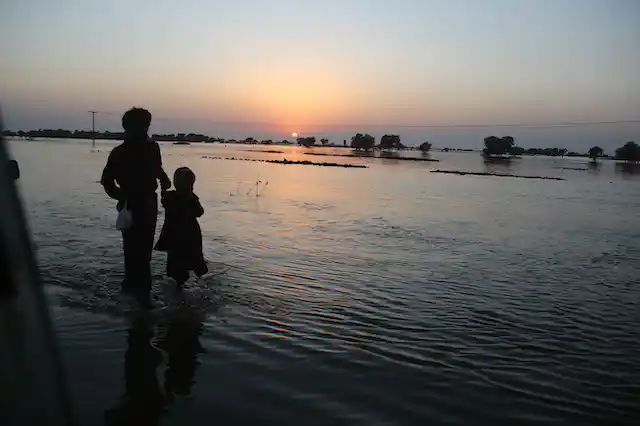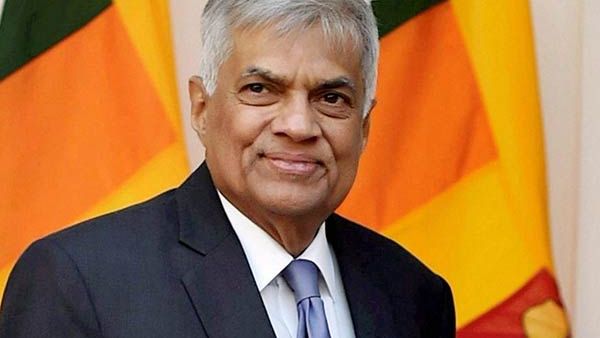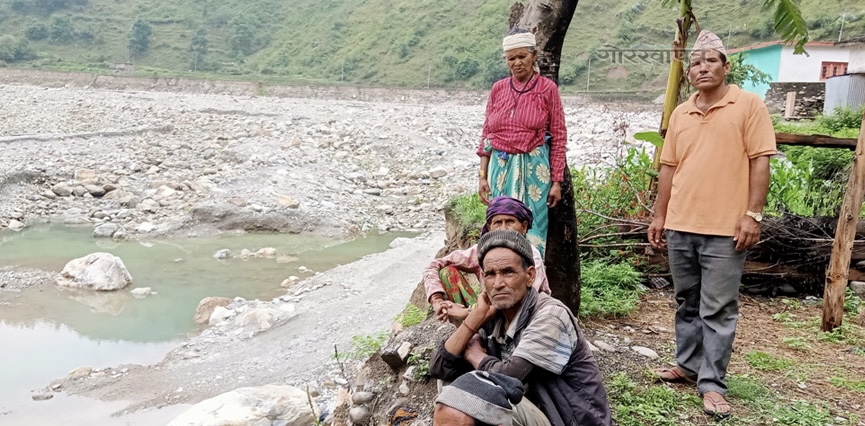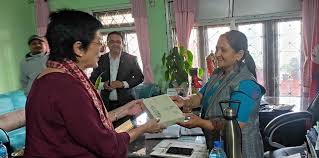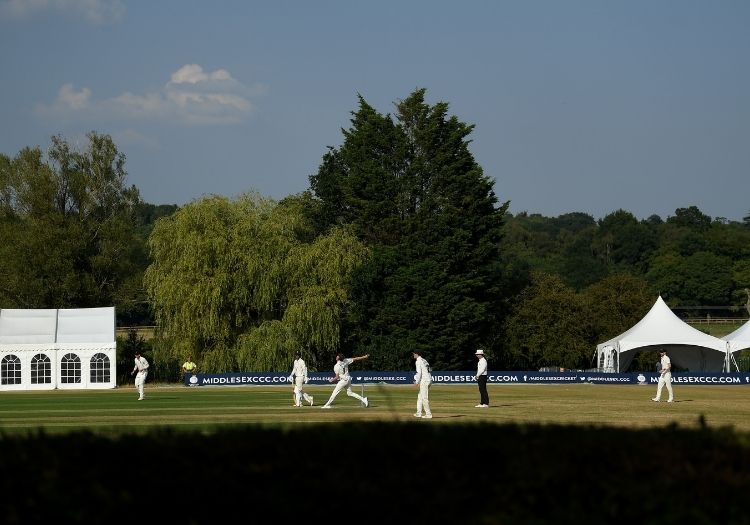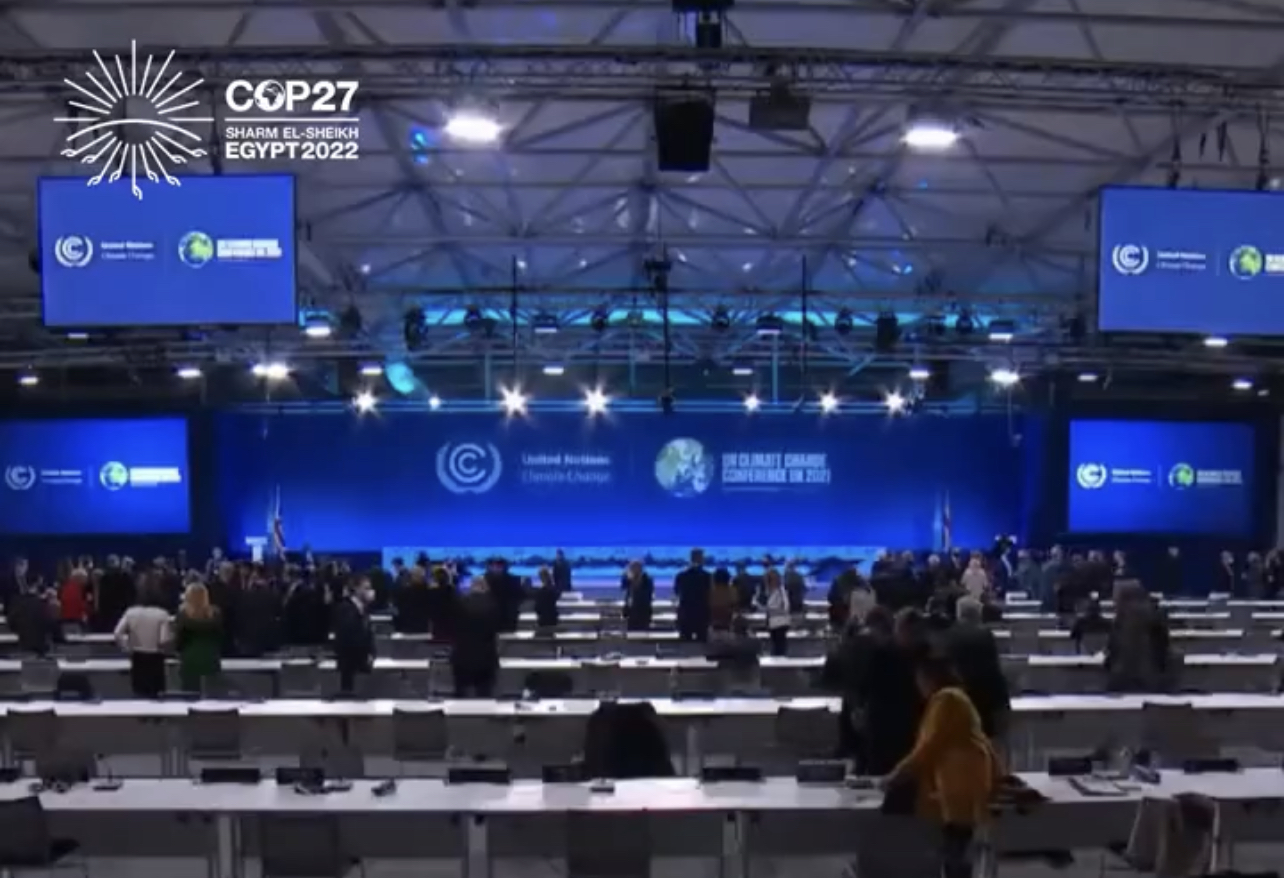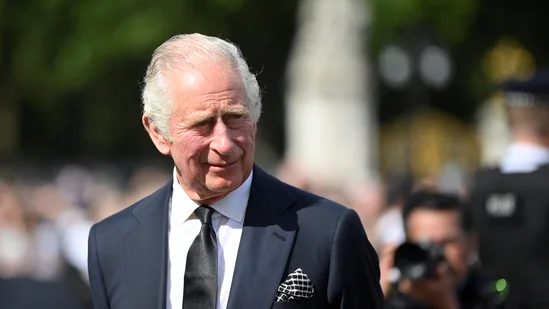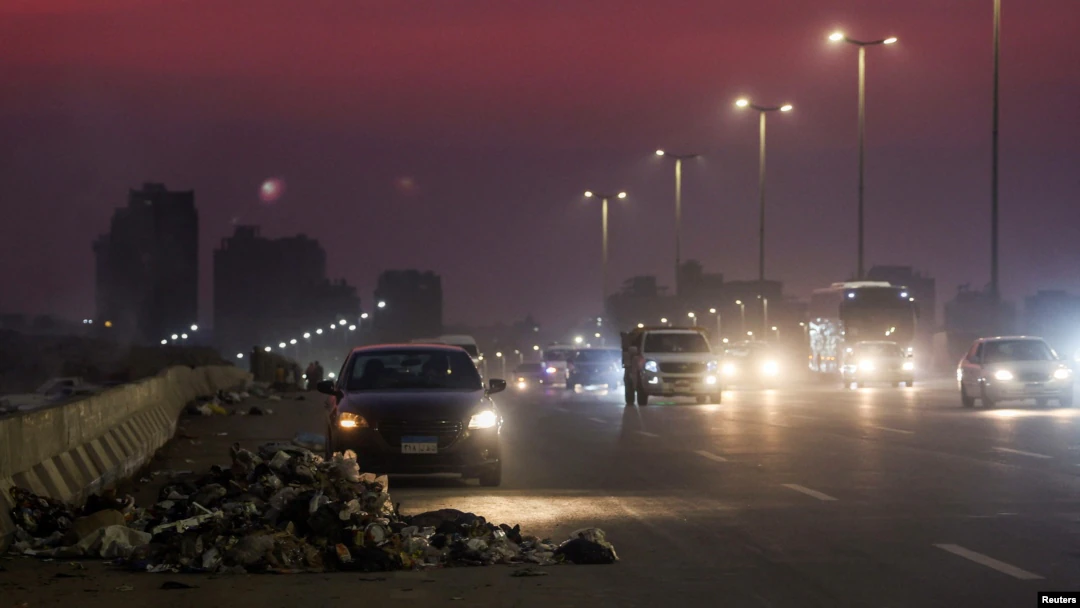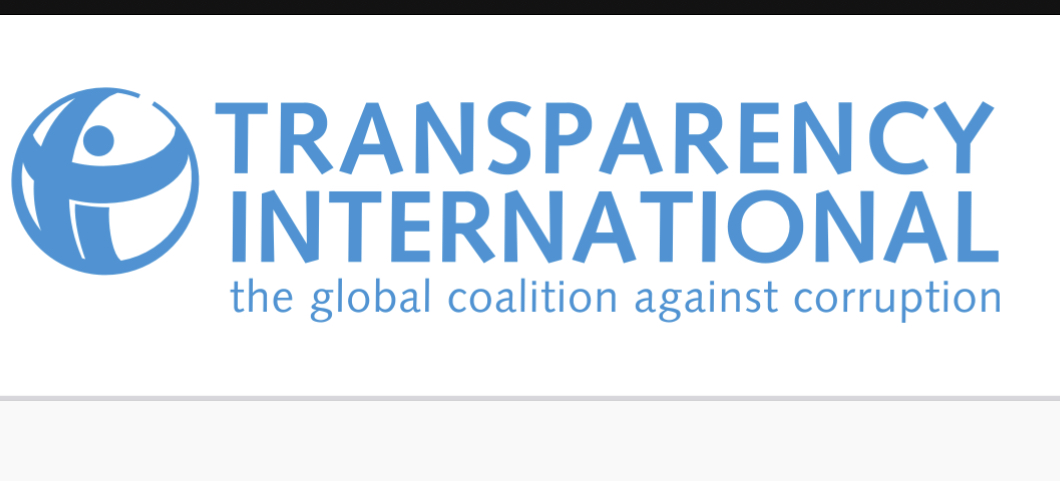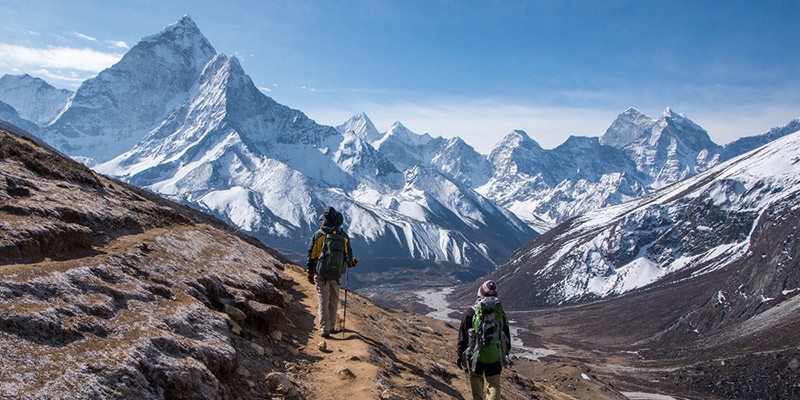By – Lisa Vanhala, UCL
Payments from high-emitting countries to mitigate the harm that climate change has caused in the most vulnerable parts of the world is finally on the agendafor discussion at a global climate change summit, more than 30 years after the idea was first articulatedby delegates from small island developing states.
Loss and damage is the term used by the UN to describe these impacts of climate change that cannot be prevented and to which people cannot adapt. These include lives that have been and will be lost, communities displaced by rising seas, extreme weather and famine, livelihoods and cultural heritage destroyed and ecosystems damaged beyond repair because of a failure to arrest greenhouse gas emissions, and so, global temperature rise.
The UN’s Intergovernmental Panel on Climate Change (IPCC) reported that approximately 3.3 to 3.6 billion people are highly vulnerable to climate change. Many of them live in west, central and east Africa, south Asia, central and South America, as well as in small island developing states, such as Vanuatu in the Pacific, and in the Arctic.
As countries in these regions divert more of their wealth towards preparing for and recovering from storms, spreading deserts and melting glaciers, they are left with less money to cut their emissions and contribute to meeting the 1.5°C goal agreed at the negotiations in Paris in 2015. Rich countries, who are responsible for most emissions, promised US$100 billion (£87.2 billion) a year in aid in 2015.
But a recent UN report found that international finance to help the most vulnerable countries adapt to climate change (with bigger sea walls, for instance) has amounted to less than one-tenth of what is needed, and the gap between the two is widening. The US, UK, Canada and Australia are among the biggest laggards when their historical responsibility for climate change is taken into account. There has been no separate funding to address the damage already caused by warming.
At COP26 in 2021, developing countries proposed a loss and damage finance facility to help communities recovering from disasters and compensate them for what they have lost already. The EU and US resistedthis in the final days of talks.
Instead, the Glasgow Dialogue was established: a series of discussions about how to arrange funding to help countries bearing the brunt of climate change. Delegates from developing country were sorely disappointed. Instead of material support, they got another talking shop.
But many of these same negotiators are heading into COP27 with new resolve. Here are three reasons why loss and damage is becoming harder for rich countries to ignore.
1. The latest science
Attribution science, which clarifies the links between extreme weather events and emissions, has taken great leaps forward in recent years. Across more than 400 studies, scientists have examined wildfires in the US, heatwaves in India and Pakistan, typhoons in Asia and record-breaking rainfall in the UK.
Broadly, this research shows the poorest and most vulnerable are bearing the heaviest burden despite having contributed the least to the problem. This growing evidence base bolsters the case for reparations.
2. Climate impacts are escalating
The deadly floods in Pakistan in August are the latest in a series of disasters to push loss and damage up the global agenda. According to a recent study, as much as 50% of the rainfall would not have happened without climate change.
Pakistan’s leaders have said that wealthy countries must help pay the bill. After all, it is the latter’s actions that precipitated the disaster. Pakistan’s historically low emissions mean its own contribution to climate change is negligible.
From droughts in Somalia to floods in Nigeria, extreme weather during 2022 has also heaped suffering on African countries with little culpability for climate change. Given that COP27 will be held in Egypt and has been dubbed “the African COP”, these arguments will be brought to the fore.
3. Growing momentum outside of the UN process
The increasing number and importance of lawsuits brought against countries and companies failing to reduce their emissions highlights growing frustration with negotiations under the UN Framework Convention on Climate Change (UNFCCC). As long as rich countries continue to evade the loss and damage issue, vulnerable countries and communities – and their lawyers – will search for alternative solutions.
That is not to say they haven’t had some notable recent successes. The UN Human Rights Committee (UNHRC) decided in September that the Australian government is failing to protect the Torres Strait Islanders from the effects of climate change. This sets a precedent in international human rights law which could one day extend to governments and institutions which have affected people further afield.
But, outside the UN, poorer countries are organising to explore ever more sophisticated diplomatic and legal ways of applying pressure on rich countries. At COP26, the prime ministers of Antigua and Barbuda and Tuvalu launched a commission to explore the kinds of compensation small island states might seek under international law. A group of countries led by Vanuatu is heading for the International Court of Justice.
Since high levels of debt hinder their ability to recover from the ravages of climate change, African and small island leaders are demanding debtors (including development banks and rich countries) write off, suspend or reschedule payments so that vulnerable nations can spend more on cutting emissions and adapting to climate change. These proposals have been called “debt for climate swaps”.
The International Monetary Fund recently announced a resilience and sustainability trust to help shield the finances of vulnerable countries from climate disasters, suggesting development policy is slowly shifting. This followed campaigning by Mia Mottley, the prime minister of Barbados.
Strings attached
Some rich countries are now taking action, suggesting a growing acknowledgement that this funding cannot be delayed forever. In September, Denmark was the first UN party to pledge finance – about US$13 million – to address loss and damage. The G7, under the leadership of the German presidency, has launched an initiative to expand access to financial aid in the immediate aftermath of climate disasters through improvements to existing insurance and social security schemes.
Because these initiatives have come outside of the UNFCCC negotiations, donor countries are free to dictate the terms of their support, sidestepping a process that should be about meeting the needs of vulnerable communities. Much of their funding will go into insurance schemes. Many of the insurance firms that would benefit are based in Europe and the US.
Insurance payouts may be a lifeline for drought-scarred small farmers and flooded homeowners. But some risks are uninsurable, especially those with a slow onset, such as those resulting from sea-level rise. Then there are less tangible harms, such as lost livelihoods, illness and biodiversity loss. Insurance against cyclones won’t compensate fishers in Tuvaluwho stand to lose their coastal fisheries as coral reefs succumb to warming.
The next front in the loss and damage debate will involve exploring whether providing finance as a form of solidarity (rather than compensation) is more palatable for rich countries. If that money is wrapped up in insurance schemes, designed to enrich consultants, it won’t really help poor countries. Progress at COP27 will be determined by whether these nations feel the UNFCCC is even capable of helping them. ( Form : The Conversation)




